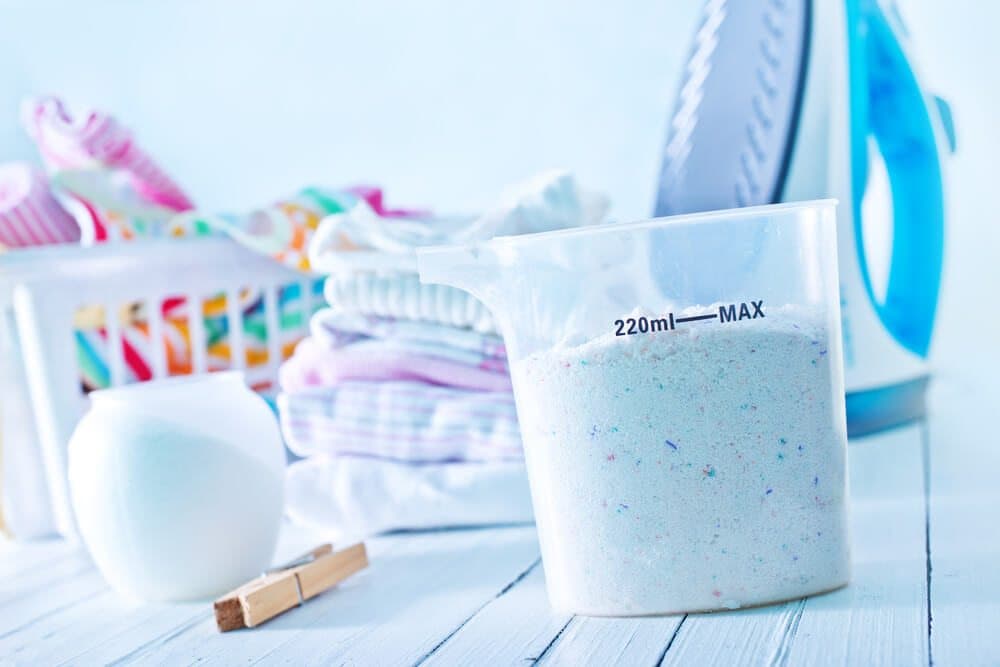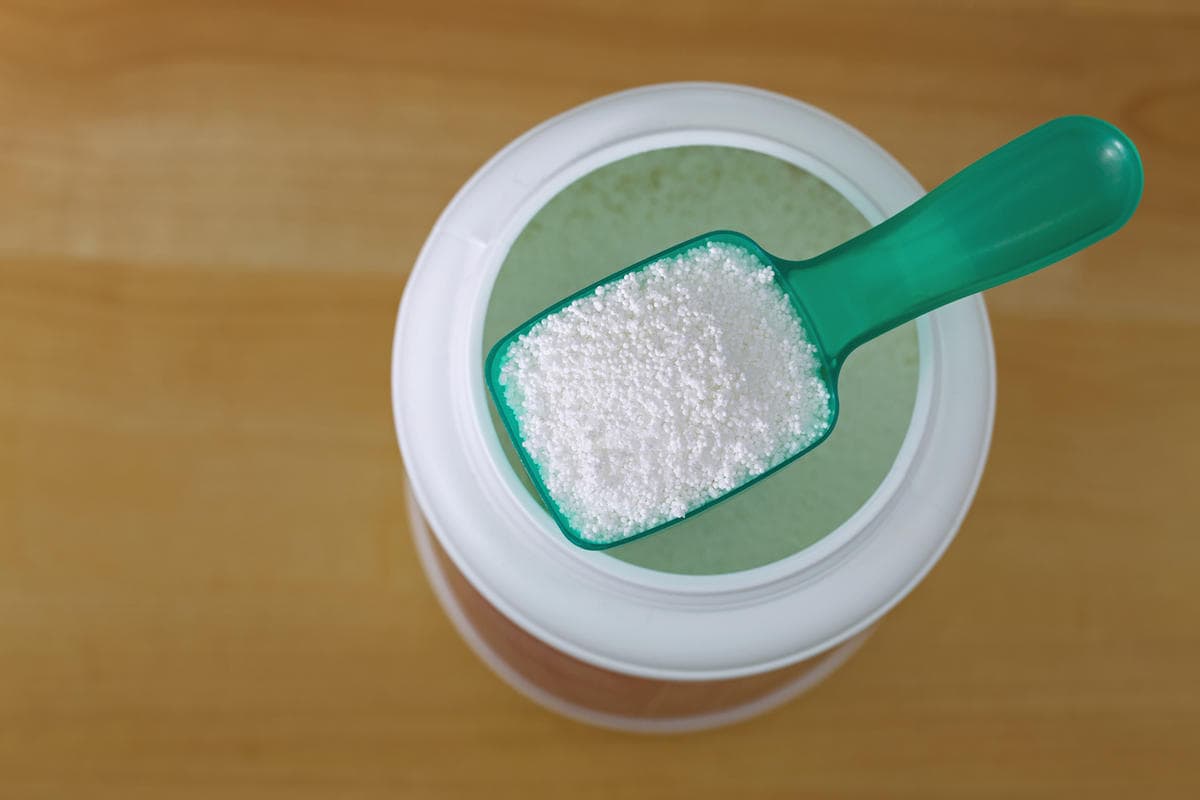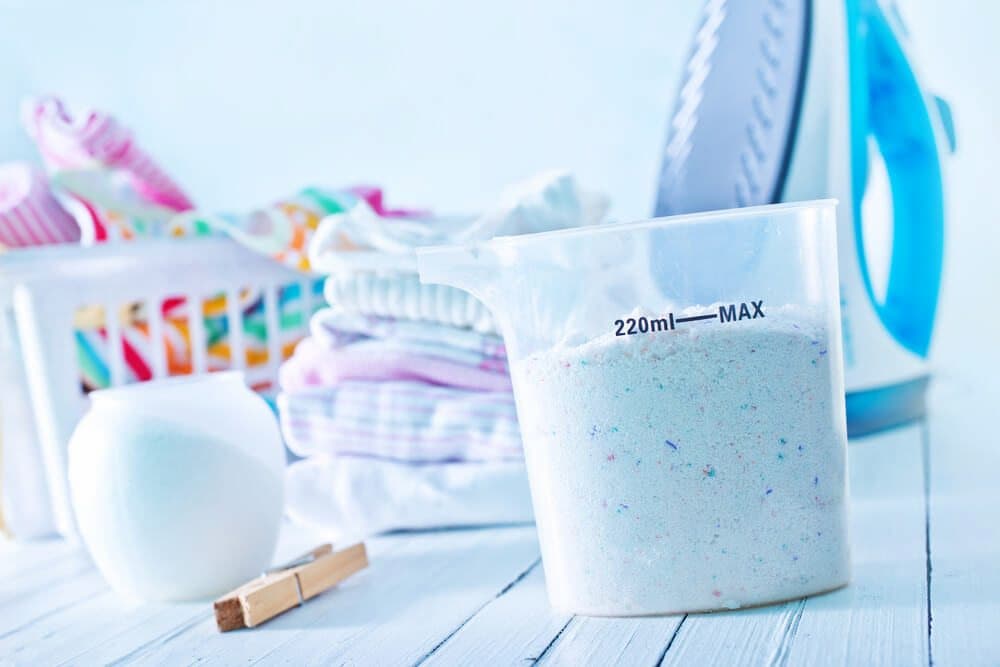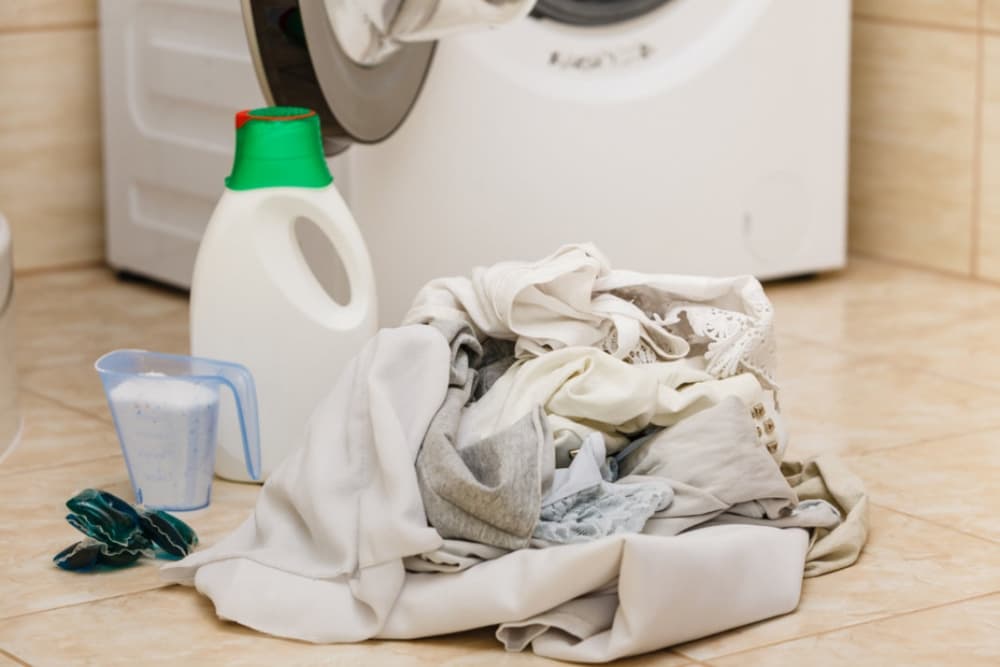All the beginners need buying guide when purchasing hand wash laundry detergent, otherwise it wouldn’t go so well. When you are in the aisle with all of the different detergent formulas, it may be tough to figure out which ones really work. There are a lot of products out there, and a lot of them make bold promises about their abilities to fight stains, preserve color vibrancy, bleach whites, eliminate odors, or be kind to your skin and the environment. The most common kind of detergent purchased is one that comes in liquid form. Pods, also known as laundry packs, are convenient to use, but if you have children living in your house, you should avoid using them because of the major hazards they provide. Even the highest-quality pods, which are more usually referred to as packs, are unable to compete with the efficacy of the best liquid detergents reviewed by Consumer Reports. In addition to that, the price of each load of particular pods is higher. Consider powders. Sales have dried up, and there aren’t many brands left on shop shelves. As an eco-friendly alternative, biodegradable laundry sheets (also known as detergent strips) are a specialty product that are sprucing up laundry aisles. 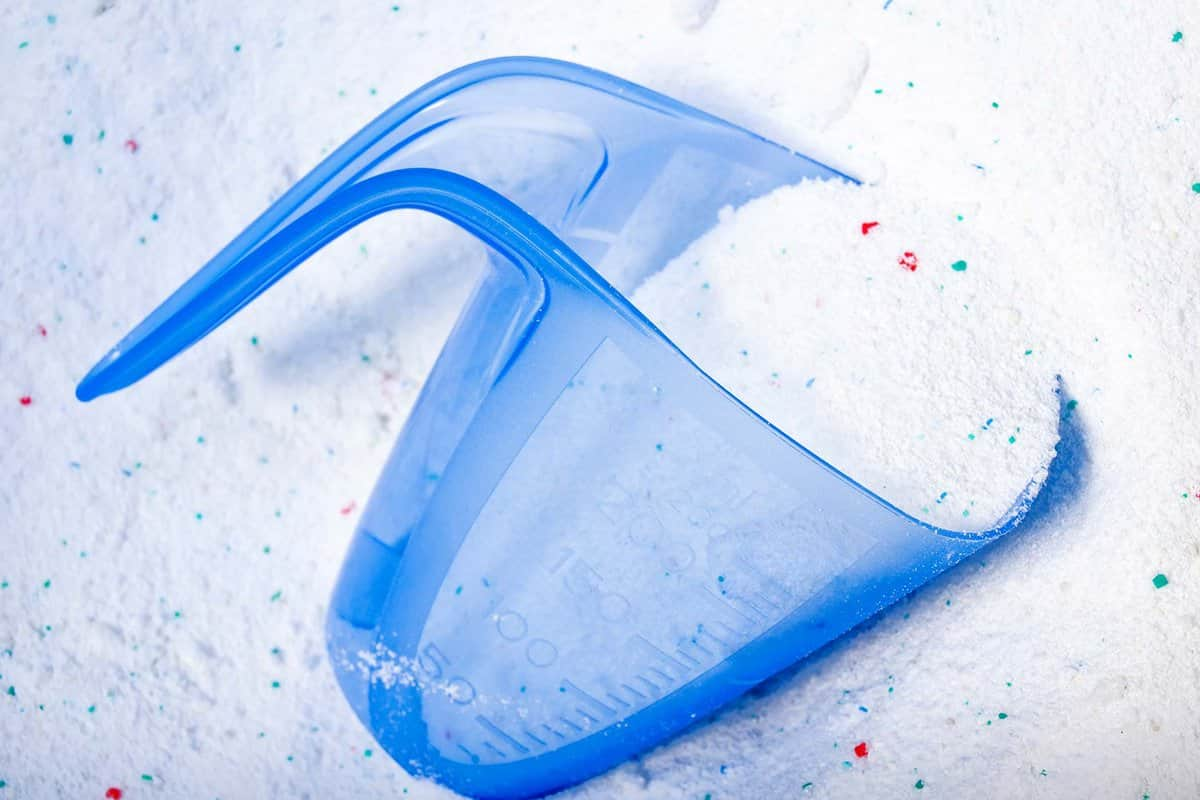 They reduce the need for excessive detergent usage since they are non-plastic, low-sudsing, and dissovable. But according to our studies, they perform less well than conventional liquid detergent at eliminating stains. These days, detergents are made with very concentrated ingredients. Because of this, there is a reduction in the amount of cardboard or plastic that is utilized in the production of the containers. However, since breaking old habits may be challenging, before using the detergent, be sure you read the directions carefully and accurately measure the amount needed. The designation “HE” refers to “high-efficiency,” and these detergents have, for the most part, supplanted conventional formulations. HE detergents, which may be purchased in the form of liquids, powders, or pods, are compatible with all types of washing machines. Low-sudsing detergents are recommended for use in front-loading washers, high-efficiency top-loaders (the kind without an agitator), and high-efficiency top-loaders without an agitator by manufacturers of washing machines. This is due to the fact that these types of washers use a significant amount less water than washers did approximately a decade ago.
They reduce the need for excessive detergent usage since they are non-plastic, low-sudsing, and dissovable. But according to our studies, they perform less well than conventional liquid detergent at eliminating stains. These days, detergents are made with very concentrated ingredients. Because of this, there is a reduction in the amount of cardboard or plastic that is utilized in the production of the containers. However, since breaking old habits may be challenging, before using the detergent, be sure you read the directions carefully and accurately measure the amount needed. The designation “HE” refers to “high-efficiency,” and these detergents have, for the most part, supplanted conventional formulations. HE detergents, which may be purchased in the form of liquids, powders, or pods, are compatible with all types of washing machines. Low-sudsing detergents are recommended for use in front-loading washers, high-efficiency top-loaders (the kind without an agitator), and high-efficiency top-loaders without an agitator by manufacturers of washing machines. This is due to the fact that these types of washers use a significant amount less water than washers did approximately a decade ago. 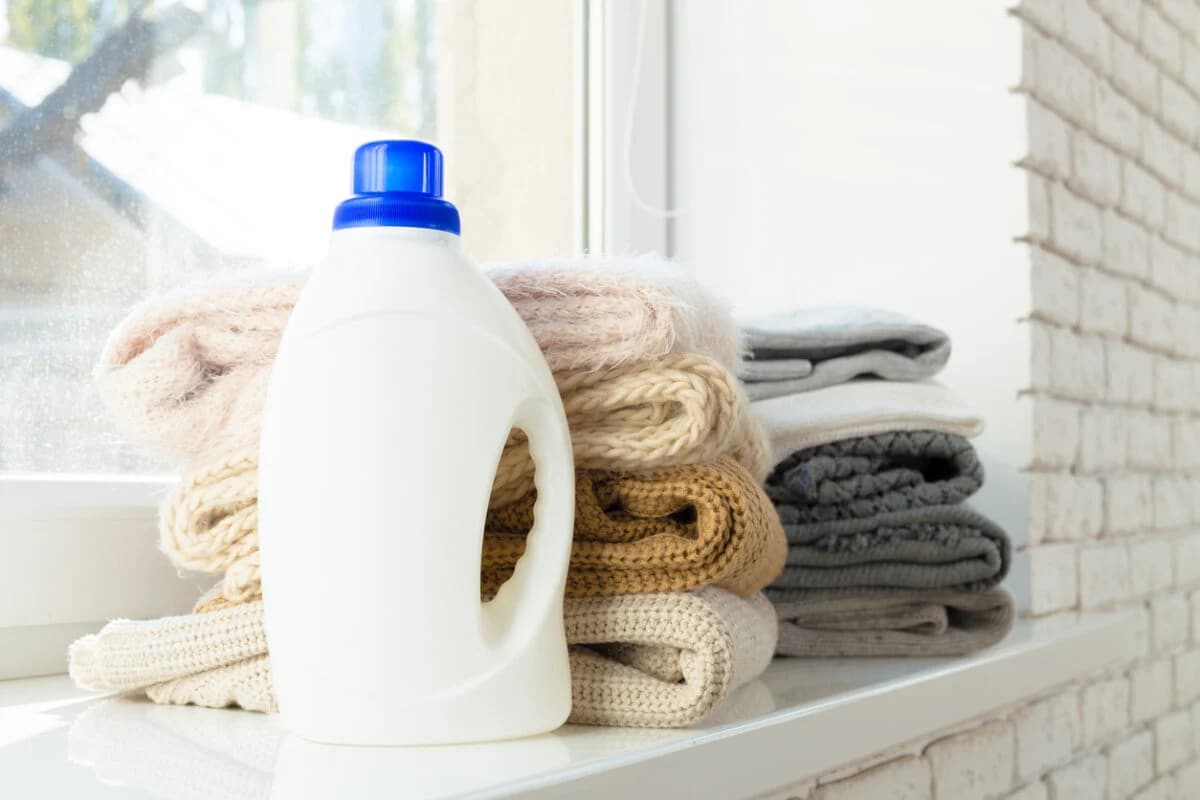 Even the most modern top-loading washing machines with an agitator use less water than older models did, and many of them now contain instructions for using high-efficiency laundry detergent. You should be aware that regular detergent causes a water-efficient washer to go through repeated rinse cycles, wasting both water and energy. A tiny portion of the market is devoted to the sale of detergents that make green promises, but studies conducted by Consumer Reports over the last ten years have shown that these detergents fall short of the top-rated products in terms of cleaning effectiveness. They may not include the enzymes and other compounds that give many common detergents their stain-fighting strength, which is one potential contributing reason. The terms “green,” “eco,” or “natural” may appear in the names of these detergents, but there is no federal standard or required validation for these terms. If the product also has the USDA Organic mark, the word “organic” on the label has significance. The presence of this mark certifies that the product was produced in accordance with guidelines established and authorized by the Department of Agriculture, has undergone independent verification, and includes at least 95% organic components.
Even the most modern top-loading washing machines with an agitator use less water than older models did, and many of them now contain instructions for using high-efficiency laundry detergent. You should be aware that regular detergent causes a water-efficient washer to go through repeated rinse cycles, wasting both water and energy. A tiny portion of the market is devoted to the sale of detergents that make green promises, but studies conducted by Consumer Reports over the last ten years have shown that these detergents fall short of the top-rated products in terms of cleaning effectiveness. They may not include the enzymes and other compounds that give many common detergents their stain-fighting strength, which is one potential contributing reason. The terms “green,” “eco,” or “natural” may appear in the names of these detergents, but there is no federal standard or required validation for these terms. If the product also has the USDA Organic mark, the word “organic” on the label has significance. The presence of this mark certifies that the product was produced in accordance with guidelines established and authorized by the Department of Agriculture, has undergone independent verification, and includes at least 95% organic components. 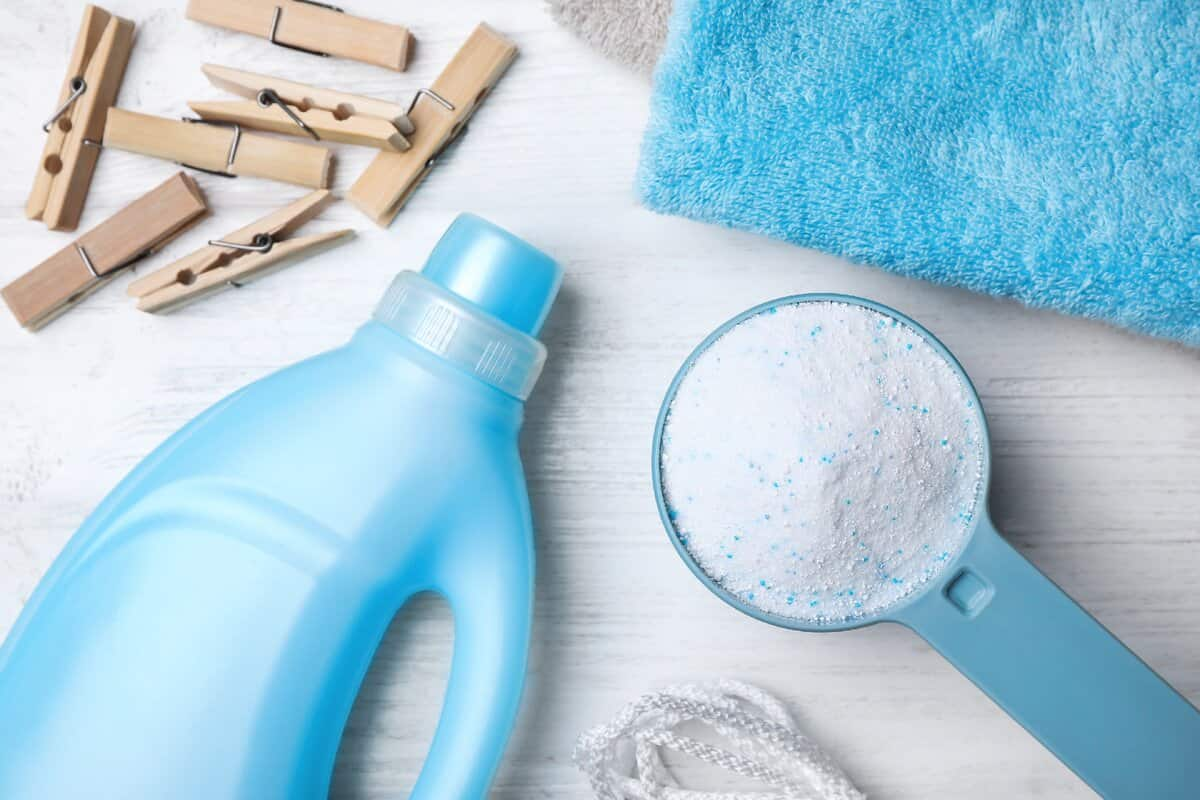 Up to 5% of the remaining substances should not be harmful to the environment or human health. With a few minor differences, detergent designed exclusively for delicates has essentially the same chemicals as conventional laundry detergent. They typically do have the following: Water: Something must be used to dissolve all of the detergent’s components. Water is the basis for life on our planet, therefore water it is. (In certain sectors, this is regarded as a solvent.)
Up to 5% of the remaining substances should not be harmful to the environment or human health. With a few minor differences, detergent designed exclusively for delicates has essentially the same chemicals as conventional laundry detergent. They typically do have the following: Water: Something must be used to dissolve all of the detergent’s components. Water is the basis for life on our planet, therefore water it is. (In certain sectors, this is regarded as a solvent.)
- Surfactants
These, sometimes known as surface active agents, clean. Here are a few examples of the most well-known ones: sodium lauryl sulfate, sodium laureth sulfate, lauryl glucoside, lauramine oxide, cocamidopropyl betaine, sodium methyl 2-sulfolaurate, decyl glucoside, etc. Most detergents utilize more than one surfactant. The list marked “all have it” ends here. Detergents may include the following: Enzymes are biologically based chemicals that aid in the removal of certain stains from clothing. The most prevalent ones in laundry detergent are proteases, which break down protein, amylase, which is present in our mouths and breaks down starches, and lipases, which break down grease (and protein fibers such as wool or silk, to some extent). Salts used as water softeners function by interfering with the dissolved minerals in water that may prevent surfactants from cleaning effectively. 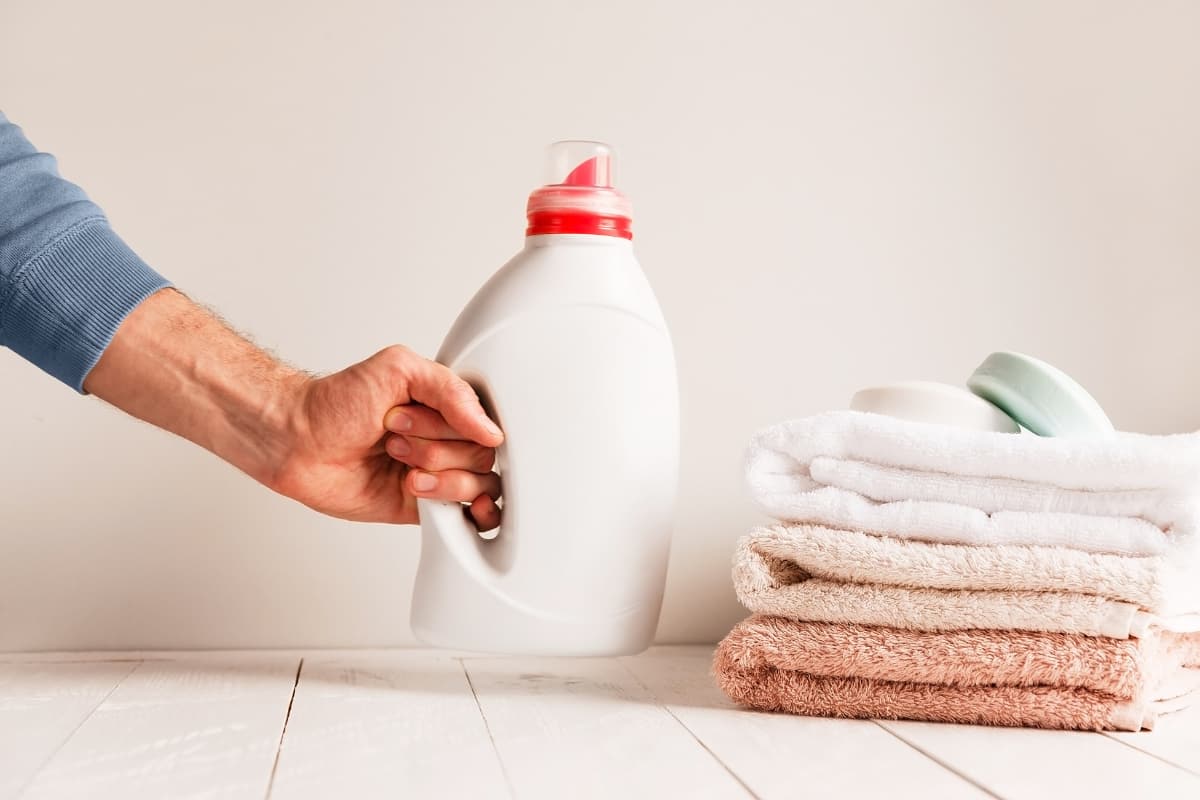 Examples include calcium chloride, sodium aluminosilicate, and sodium carbonate. Basically, if you see a mineral-based item in the ingredient list, it’s definitely a water softener. These sometimes serve as “viscosity agents,” which implies they aid in preventing detergent clumping. Anti-foam agents: In the case of no-rinse detergents in particular, you don’t want your detergent to be overly sudsy since it would need further washing. The bubbles are reduced to a minimum by these substances. Preservatives play a crucial role in the safety of water-based detergents by preventing the growth of bacteria and other undesirable organisms. Alcohols and methylisothiazolinone are only two examples of preservatives, and a tiny percentage of individuals may be allergic to them. Aroma: That evil angel. Companies are not required to disclose the fragrance mixes that give their detergent its pleasant aroma since the FDA considers them to be secret. Phthalates, a family of compounds that makes hard polymers more flexible, are sometimes involved in this. If you’re concerned, examine the labels of the detergents you purchase since many of them advertise that they don’t contain phthalates. Contact us in order to submit your order for buying all kinds of laundry detergents at the most affordable prices in the shortest time possible. Our experts are ready to help you have the best purchase ever and they are doing so by sharing their experiences in the field.
Examples include calcium chloride, sodium aluminosilicate, and sodium carbonate. Basically, if you see a mineral-based item in the ingredient list, it’s definitely a water softener. These sometimes serve as “viscosity agents,” which implies they aid in preventing detergent clumping. Anti-foam agents: In the case of no-rinse detergents in particular, you don’t want your detergent to be overly sudsy since it would need further washing. The bubbles are reduced to a minimum by these substances. Preservatives play a crucial role in the safety of water-based detergents by preventing the growth of bacteria and other undesirable organisms. Alcohols and methylisothiazolinone are only two examples of preservatives, and a tiny percentage of individuals may be allergic to them. Aroma: That evil angel. Companies are not required to disclose the fragrance mixes that give their detergent its pleasant aroma since the FDA considers them to be secret. Phthalates, a family of compounds that makes hard polymers more flexible, are sometimes involved in this. If you’re concerned, examine the labels of the detergents you purchase since many of them advertise that they don’t contain phthalates. Contact us in order to submit your order for buying all kinds of laundry detergents at the most affordable prices in the shortest time possible. Our experts are ready to help you have the best purchase ever and they are doing so by sharing their experiences in the field.

